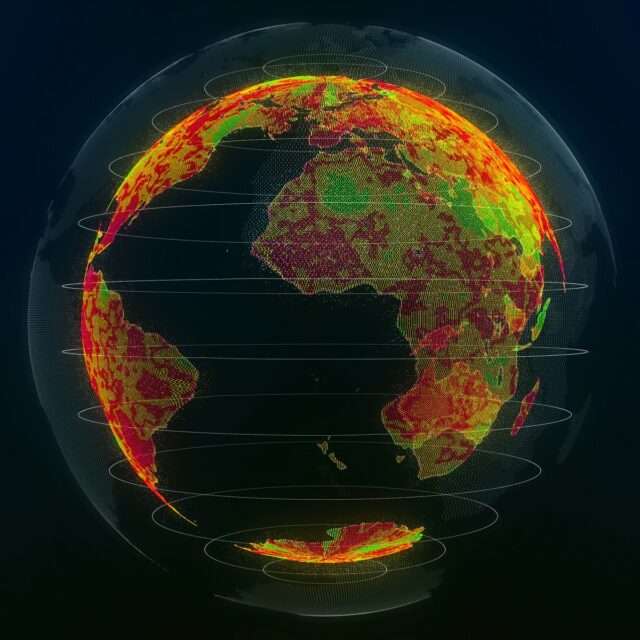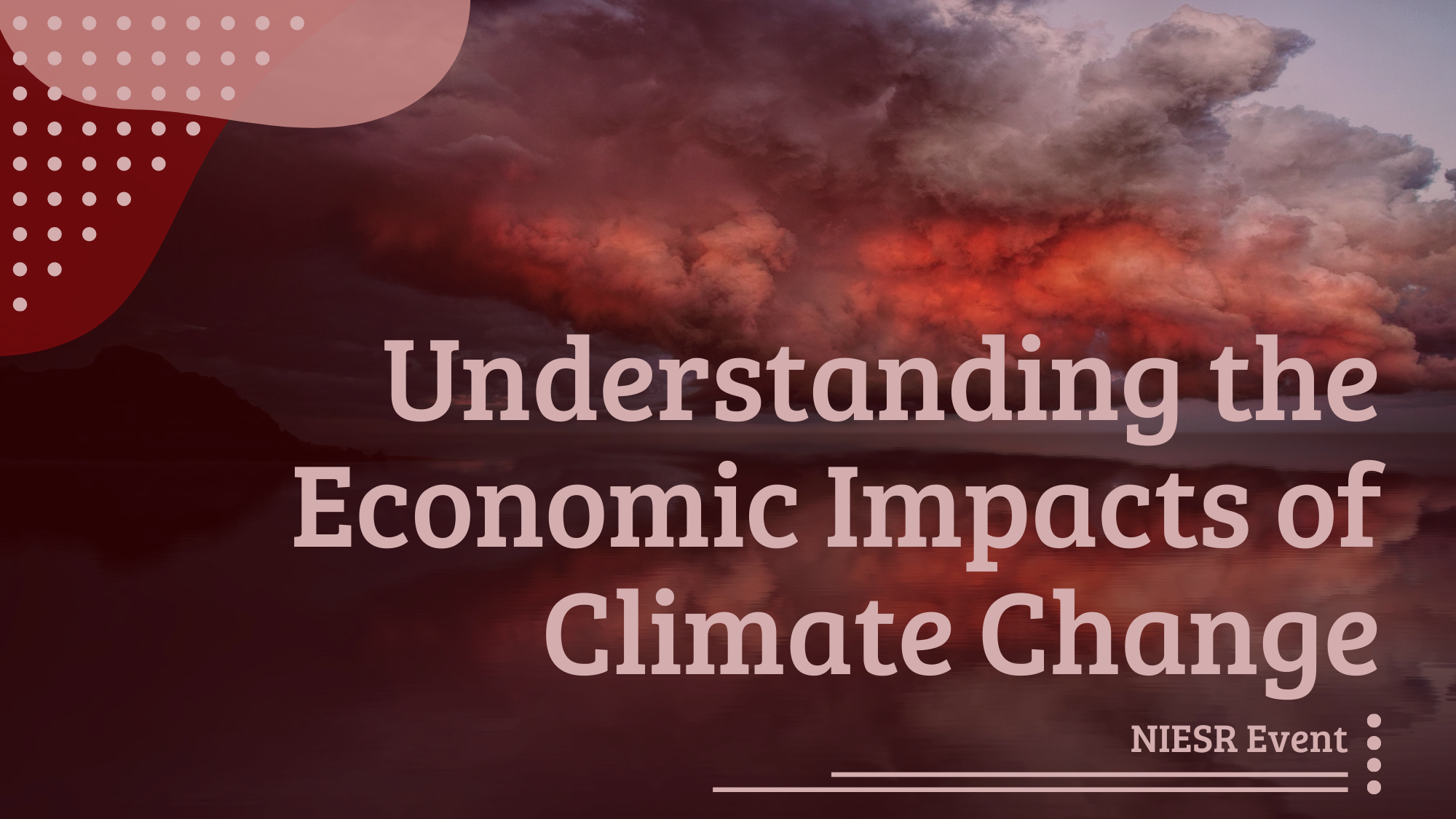Economic Impacts of Climate Change
Climate change poses an unprecedented set of challenges to the global economy and by extension to the financial sector. In collaboration with UNEP FI’s TCFD programme, using NiGEM (our global macroeconometric model), we model short-term macroeconomic shock scenarios to identify near-term risks climate change might pose.

Summary & aims
Effective preparation with regards to climate change requires financial institutions to understand the potential macroeconomic implications of transition and physical risks. New climate policies and shifting consumer preferences have the potential to rapidly upend current business models, and the interconnectedness of the global economy means climate-related impacts in one area can have ramifications across the world.
This project developed three short-term macroeconomic scenarios for climate change analysis. The scenarios were developed with the UN environment programme’s finance initiative (UNEP FI) and in consultation with 48 financial institutions and designed to help participating firms understand the critical assumptions behind the climate scenarios.
Methodology
Three main scenarios were developed to examine what would occur should there be:
- A sudden rise in carbon price
- A spike in the oil price
- A trade war
Using NiGEM to model each of these scenarios, a series of recommendations were developed on how financial institutions and supervisory authorities can best use short-term scenarios to enhance the management of climate-related financial risks. The paper also discusses the use cases for short term climate scenarios for financial actors and considers their inclusion as a tool for climate stress testing. In addition, it features case studies from financial institutions who are using macroeconomic scenarios to conduct climate risk analyses.
Principal Investigator

Co-Investigator












